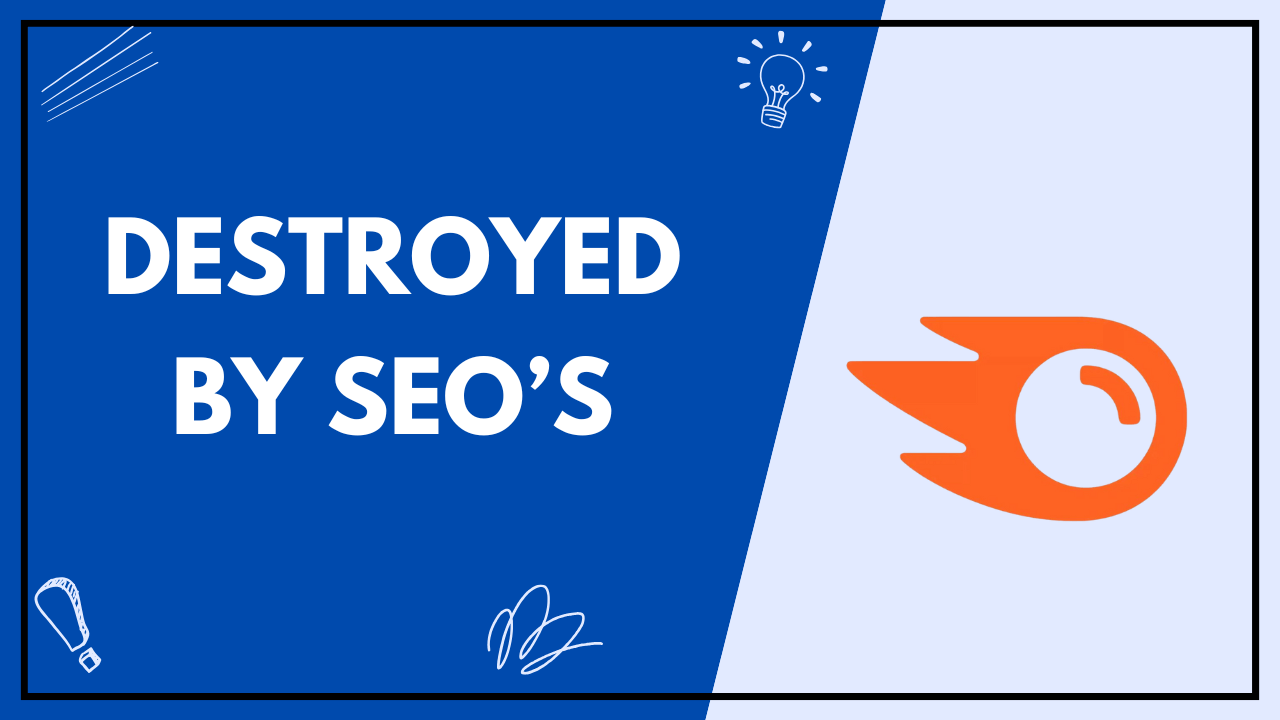
Marketers use SEMrush for keyword research, competitor analysis, site audits, and content optimization to enhance their digital strategies.
This all-in-one tool has become a cornerstone for businesses aiming to improve their online presence, boost search rankings, and outperform competitors.
In this guide, we’ll explore the core features of SEMrush, real-world use cases, and tips to maximize its potential.
Whether you’re new to digital marketing or looking to take your efforts to the next level, SEMrush offers tools to help you succeed.
Table of Contents
ToggleWhat Is SEMrush Used For? Key Statistics You Should Know
The demand for digital marketing tools has grown significantly in recent years.

According to a study by Grand View Research, the global digital marketing software market is expected to grow by over 17% annually, reaching $160 billion by 2025.
Among these tools, SEMrush has established itself as a leader, with over 10 million users worldwide relying on it for SEO, content marketing, and competitor analysis.
If you’re considering SEMrush for your business, you’re likely curious about the specific ways it can add value.
Here’s everything you need to know.
What is SEMrush?
SEMrush is an all-in-one digital marketing tool designed to help businesses optimize their online visibility across search engines, analyze competitor strategies, and drive targeted traffic.

With tools covering SEO, PPC, social media, and content marketing, SEMrush provides a comprehensive solution for both small businesses and large enterprises.
Whether you’re a beginner in digital marketing or a seasoned professional, SEMrush offers a range of tools that can elevate your online strategy, providing actionable data and insights.
Core Features of SEMrush and How They Work
To understand what is SEMrush used for, let’s explore its most popular features and how each one contributes to digital marketing success.
1. Keyword Research
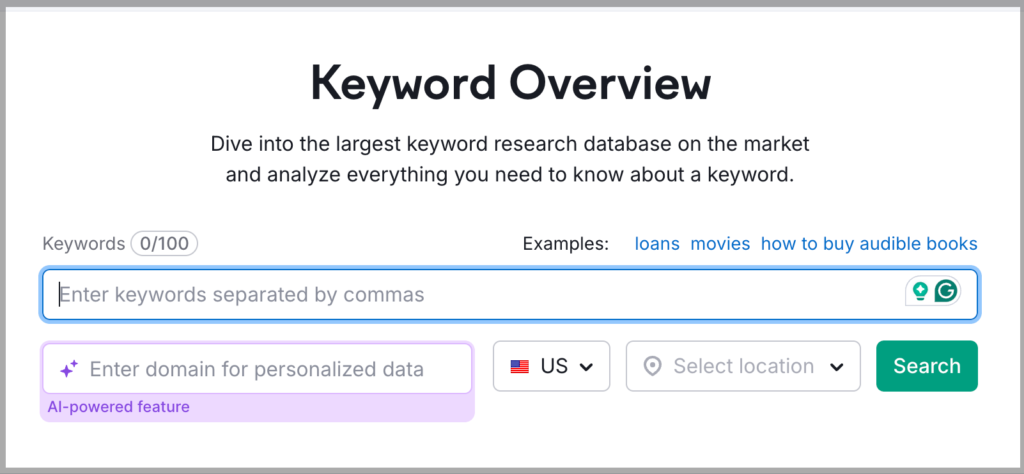
How it works: SEMrush’s keyword research tool allows users to identify high-potential keywords based on search volume, keyword difficulty, and competitive landscape.
Marketers can discover new keywords to target and see which keywords their competitors rank for, providing invaluable insights for content creation and SEO.
Benefits: By identifying the right keywords, you can create content that aligns with user intent and has a higher chance of ranking well on search engines.
This feature is ideal for content creators, bloggers, and marketers looking to improve organic reach.
2. Site Audit
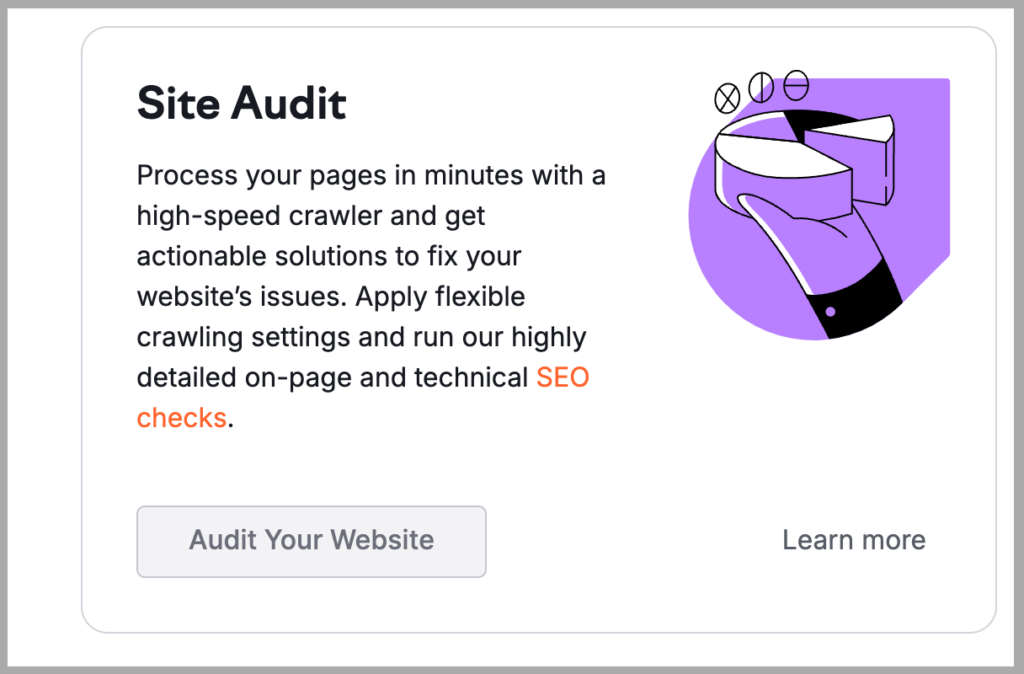
How it works: SEMrush’s Site Audit tool scans your website for technical issues, broken links, crawlability issues, and other SEO elements that could impact search performance.
Each scan generates a report highlighting issues and recommendations for improvement.
Benefits: With regular site audits, businesses can maintain a well-optimized site that’s easy for search engines to crawl.
This feature is essential for anyone looking to improve website health and overall SEO performance.
3. Competitor Analysis
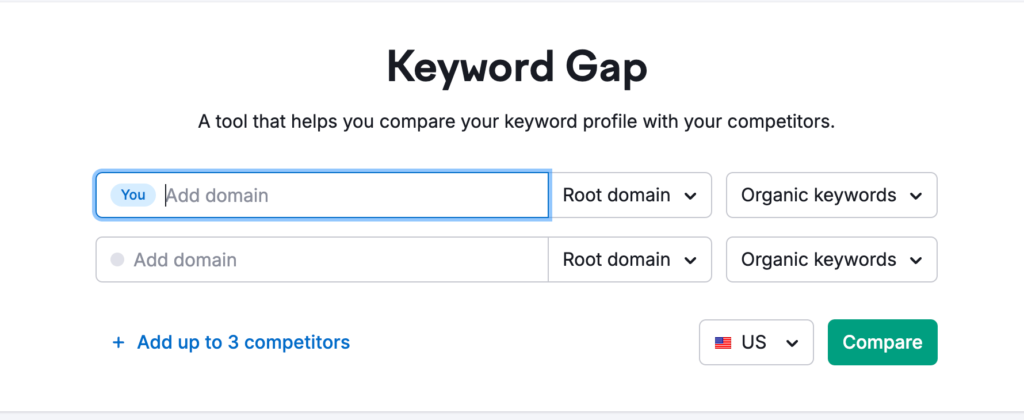
How it works: SEMrush’s competitor analysis tools offer insights into competitors’ top keywords, traffic trends, and backlink profiles.
By understanding competitors’ strategies, users can identify gaps and opportunities in their own marketing strategy.
Benefits: Competitor analysis can inform decisions about keyword targeting, content development, and marketing campaigns.
This feature helps businesses position themselves effectively in a competitive landscape.
4. Backlink Analysis

How it works: SEMrush’s Backlink Analytics provides a detailed overview of a website’s backlink profile, including new and lost backlinks, referring domains, and overall backlink quality.
This tool is invaluable for identifying potential link-building opportunities and managing a website’s reputation.
Benefits: Building a strong backlink profile is crucial for SEO success, as backlinks from reputable sites increase authority.
With SEMrush’s backlink tools, users can track and strengthen their site’s link profile, improving rankings and visibility.
5. Content Marketing Toolkit
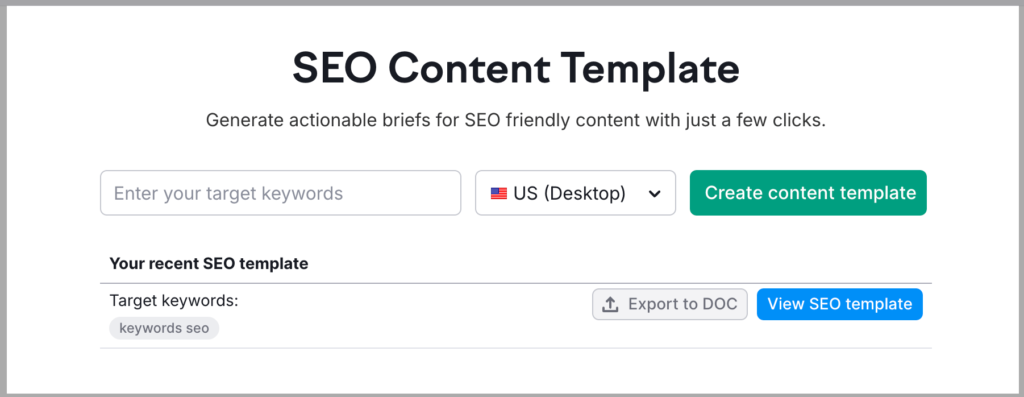
How it works: SEMrush’s content marketing tools allow marketers to research topics, optimize content, and track performance.
With features like the Topic Research tool, users can identify trending topics and understand what resonates with their audience.
Benefits: Effective content marketing requires both creativity and strategy.
SEMrush’s toolkit helps content creators build engaging, SEO-friendly content that reaches the right audience.
6. Social Media Management
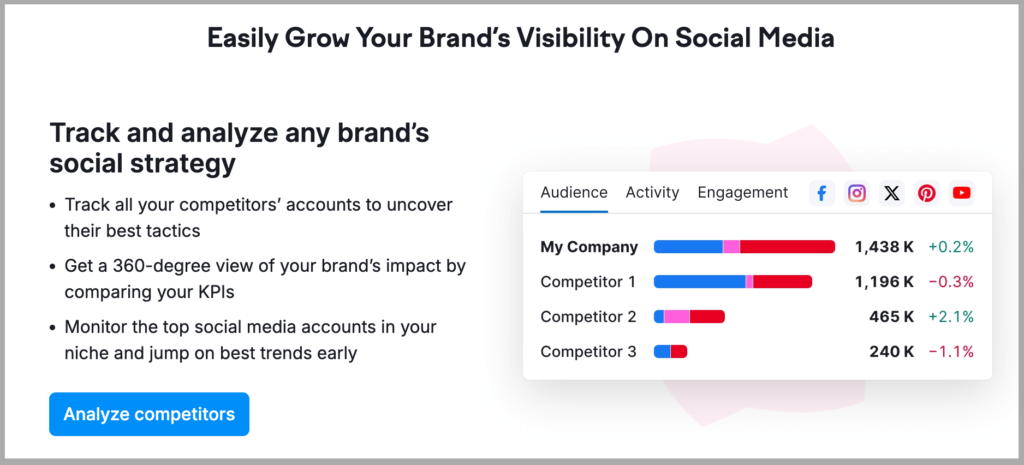
How it works: SEMrush’s social media tools allow users to schedule posts, track performance, and even analyze competitors’ social media strategies.
This tool helps businesses maintain an active social presence and grow their audience.
Benefits: Social media is essential for branding and customer engagement.
SEMrush provides a central platform to manage and analyze social media activity, improving both efficiency and effectiveness.
Practical Use Cases for SEMrush
To illustrate the impact of SEMrush, let’s look at some practical use cases that showcase how this tool can address various marketing needs.
- Boosting Organic Traffic for a Blog: Using SEMrush’s keyword research tool, a blogger can identify keywords with high search volume and low competition, helping them craft content that drives organic traffic.
- Tracking and Outperforming Competitors: A small business owner can use SEMrush’s competitor analysis tool to identify competitors’ top-performing keywords and create content that fills gaps in the market.
- Improving Website Health with Regular Audits: An e-commerce site owner could perform regular site audits to resolve technical SEO issues and ensure the site loads quickly, reducing bounce rates and improving user experience.
- Developing a Content Calendar Based on Keyword Insights: A content marketer can use SEMrush’s Topic Research tool to plan out a content calendar that targets high-traffic keywords, ensuring each piece of content is aligned with SEO goals.
- Enhancing Social Media Engagement: With SEMrush’s social media management tool, a social media manager can streamline posting, analyze engagement, and measure campaign performance, saving time and resources.
How SEMrush Compares to Other Marketing Tools
When comparing SEMrush to alternatives like Ahrefs, Moz, or SpyFu, SEMrush stands out for its versatility as an all-in-one solution.
While some competitors specialize in specific areas (like Ahrefs for backlink analysis), SEMrush offers tools for SEO, PPC, content marketing, and social media management, making it a comprehensive choice for those seeking multi-functional capabilities.
Tips and Pitfalls to Avoid When Using SEMrush
Like any tool, SEMrush has a learning curve, and users can feel overwhelmed by the wealth of data available.
Here are some quick tips for getting the most out of SEMrush:
- Start Small: For beginners, focus on SEMrush’s keyword research and site audit tools, as these are foundational for SEO and are easier to navigate.
- Set Clear Goals: Before diving into SEMrush, clarify your marketing objectives. This will help you focus on relevant tools and reports rather than getting lost in data.
- Leverage Tutorials: SEMrush offers tutorials and resources to help users understand and maximize each tool. Take advantage of these to build confidence in using the platform.
Conclusion: Is SEMrush Right for Your Business?
SEMrush is a powerful tool with the potential to transform your digital marketing strategy by offering in-depth insights across SEO, content, and competitor research.
Its comprehensive platform caters to a variety of marketing needs, making it valuable for everyone from small business owners to digital marketing professionals.
If you’re ready to elevate your digital marketing efforts, SEMrush is worth exploring.
Have questions about using SEMrush or want to share your experience?
Drop a comment below!
